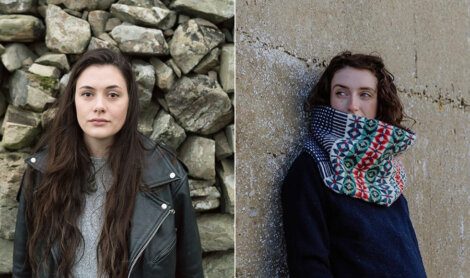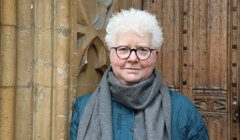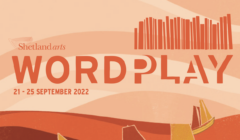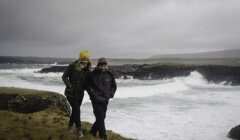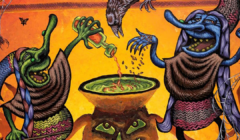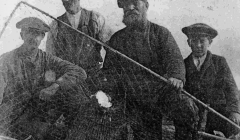Arts / Local writers secure funding for new dialect project
FUNDING has been awarded to develop the first volume of a series of publications which will “bring together a compendium of Shetland’s natural lore, wisdom, legends and calendar customs”.
The first volume of Da Hametrowe Almanac will be written in dialect by Roseanne Watt and Marjolein Robertson, and published by local arts organisation Gaada.
It is one of a number of new projects which have been awarded funding from the government-backed Scots Language Publication Grant this year.
The first volume is entitled Voar, the Shaetlan word for spring, and it delves into the local crofting heritage, with a thematic focus on earth, memory and renewal.
Gaada director Daniel Clark said the organisation was “incredibly excited to have the opportunity to work with two very talented writers of contemporary Shaetlan and develop this community beach-comb of experimental writing in Shetland dialect”.
Robertson added: “The idea of creating a Shetland almanac in dialect is something Roseanne and I have dreamed of for years, so it is incredible to receive this grant to allow this to become a reality.
“To present to folk an exploration of our lore, history and most importantly, practices that are and can still be used to this day.
“To write this in our mother tongue allows for the descriptions, names, and stories to come across in their truth and hopefully encourage the continued use of dialect in our home.”
Meanwhile Watt said it has been a “lang-spak dream o wirs tae hae aa dese frøtts an lerdom browt tagidder in a new book”.
“Joost dat blyde an grateful tae Scottish Book Trust an Gaada fir dir support; we canna wait tae git started wi it,” she added.
The Scottish Book Trust, which administers the fund, has awarded £5,500 for the publication and because Gaada is part-funded by the Shetland Charitable Trust and Creative Scotland, the organisation has been able to redistribute the entire grant directly to a host of Shetland storytellers.
Become a member of Shetland News
This includes the two lead writers Watt and and Robertson, but there will also be a range of smaller honorarium payments for contributions from the wider Shetland community.
There is also a reserve for the physical production of the publication supported by Gaada’s visual art workshop facilities.
Gaada said it is keen to foster a “community-led ethos” with the publication, with the view of commissioning a body of “modern folk knowledge” fit for contemporary Shetland, as well as gathering the older ‘frøtts’ of past generations.
This includes the likes of seasonal foraging, a beach-combing guide with associated lore, articles on sustainability, data analysis of natural subjects/phenomena and seasonal community-events.
“It is our belief that through knowing the language, stories and customs of a place, we become wardens of that place,” it said in a statement.
“During a time of urgent climate crisis, we hope our almanac will help in some small way to bring folk in Shetland to a deeper and more mindful connection with their home, language and collective spirit.”
A total of nine projects have received funding from the Scots Language Publication Grant this year, including a Scots translation of George Orwell’s Animal Farm.
Become a member of Shetland News
Shetland News is asking its readers to consider paying for membership to get additional perks:
- Removal of third-party ads;
- Bookmark posts to read later;
- Exclusive curated weekly newsletter;
- Hide membership messages;
- Comments open for discussion.
If you appreciate what we do and feel strongly about impartial local journalism, then please become a member of Shetland News by either making a single payment, or setting up a monthly, quarterly or yearly subscription.
















